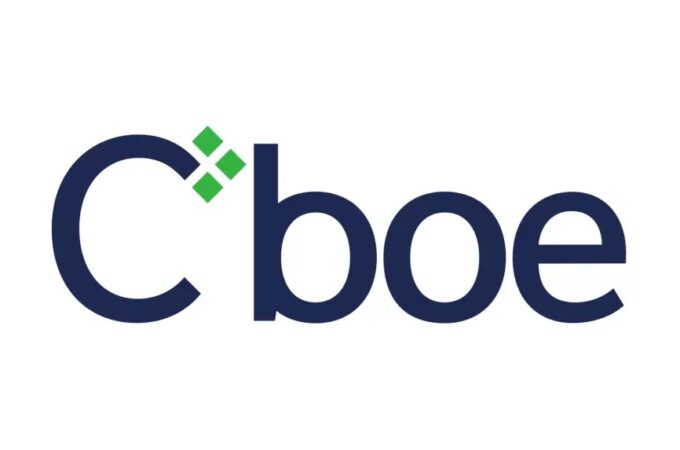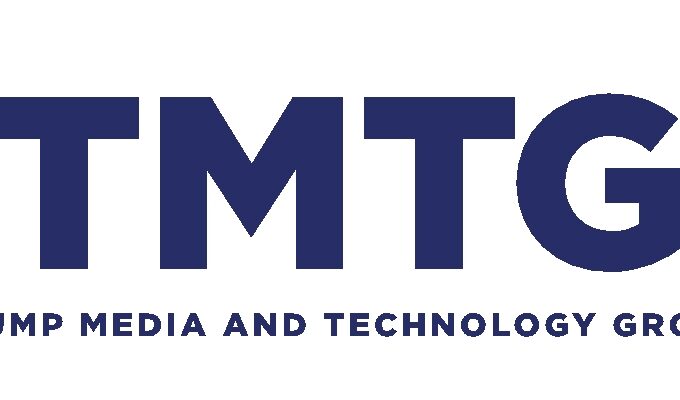
SEC Charges Silvergate Bank for Misleading Investors and AML Failures in FTX Fallout
Silvergate Capital Corporation, the parent company of the now-defunct crypto-friendly Silvergate Bank, has been charged by the U.S. Securities and Exchange Commission (SEC) for misleading investors about its compliance programs and financial condition following the collapse of cryptocurrency exchange FTX. The SEC’s complaint, filed on July 1, 2024, in the U.S. District Court for the Southern District of New York, also names former executives Alan Lane, Kathleen Fraher, and Antonio Martino.
The SEC alleges that Silvergate and its executives made false statements about the strength of the bank’s Bank Secrecy Act/Anti-Money Laundering (BSA/AML) compliance program and its monitoring of high-risk crypto customers, including FTX. According to the complaint, Silvergate’s automated transaction monitoring system failed to monitor over $1 trillion in transactions on its Silvergate Exchange Network (SEN), including nearly $9 billion in suspicious transfers by FTX and related entities.
Gurbir S. Grewal, Director of the SEC’s Division of Enforcement, stated, “Rather than coming clean to investors about serious deficiencies in its compliance programs in the wake of the collapse of FTX, one of Silvergate’s largest banking customers, they doubled down in a way that misled investors about the soundness of the programs.”
Silvergate, Lane, and Fraher have agreed to settle the charges without admitting or denying the allegations. The bank will pay a $50 million civil penalty, while Lane and Fraher will pay $1 million and $250,000 respectively, and face five-year bans from serving as officers or directors of public companies. Former CFO Antonio Martino, however, has not settled and denies the allegations.
The SEC’s complaint also accuses Silvergate and Martino of misrepresenting the company’s financial condition during the liquidity crisis following FTX’s collapse. They allegedly understated Silvergate’s losses from expected security sales and falsely claimed the bank remained well-capitalized as of December 31, 2022.
In parallel actions, the Federal Reserve Board and the California Department of Financial Protection and Innovation announced settled charges against Silvergate, bringing the total penalties to $63 million.
Silvergate, which voluntarily wound down its operations in March 2023, was a key player in the crypto banking sector. Its collapse, along with the failures of Silicon Valley Bank and Signature Bank, sent shockwaves through the digital asset industry and highlighted the need for stronger regulatory oversight in the crypto-banking nexus.





